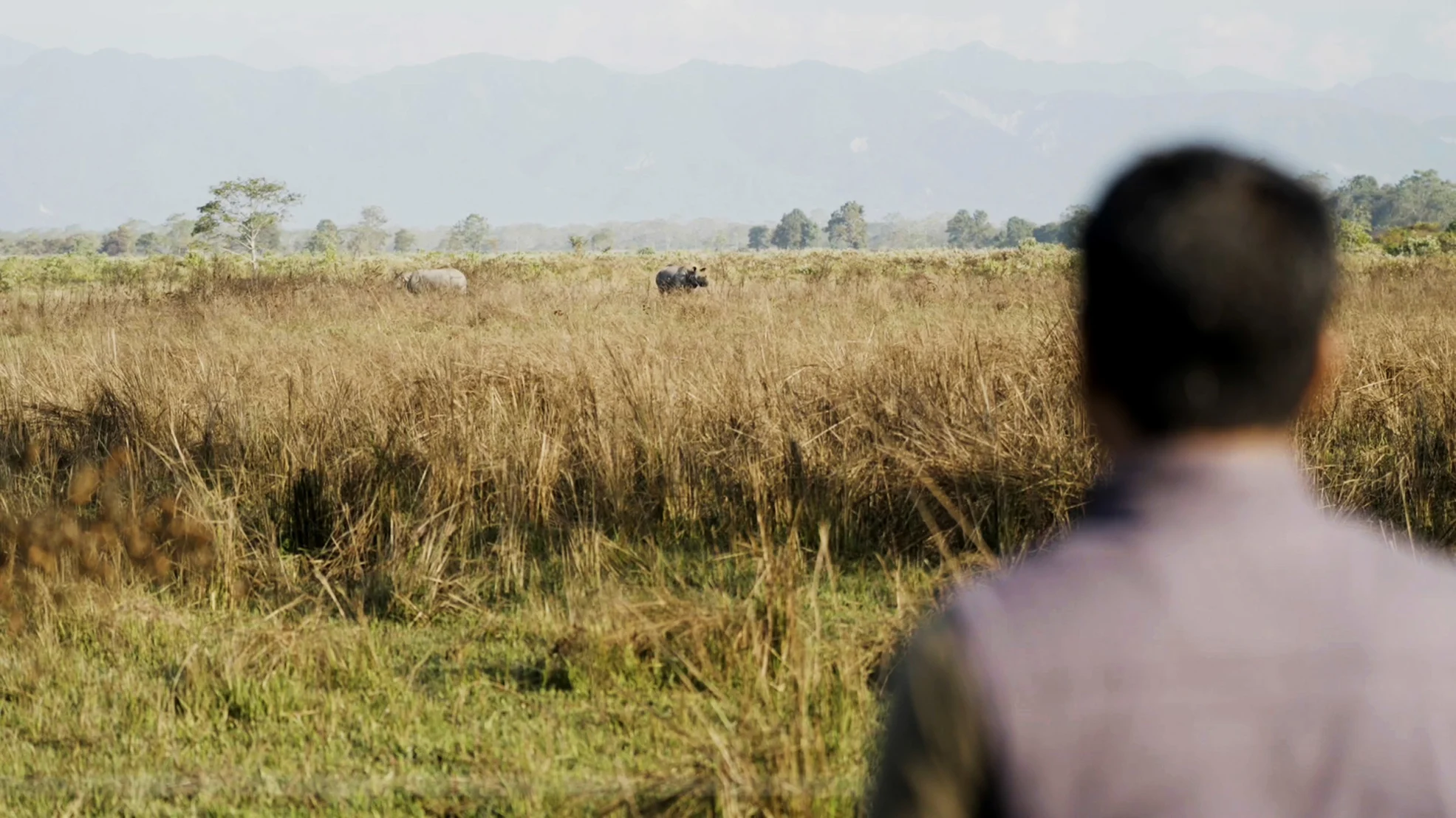Travel with wildlife
The COVID-19 pandemic was devastating to humanity, but in some places, wildlife began to recover, as a halt on travel eased the pressure on animal populations. As tourism resumes, how can we protect these fragile gains?
A halt on human movement during the COVID-19 pandemic added further costs to the loss of life, keeping us from loved ones. But for wildlife, the story was a little different. With lockdowns in effect all over the world, the quieting of human movement gave nature a respite it needed to recover in some places. But that’s just one side of a complex story.
The sudden worldwide slowdown in human movement had some positive effects: cleaner air from less pollution, and wildlife going wild in some places. But as livelihoods were decimated, poaching increased elsewhere and conservation efforts that relied on funding, movement and cooperation between different groups took a hit.
Studies strongly indicate that animal-human disease transmission, resulting from habitat destruction and climate change, can exacerbate the intensity of disasters, including pandemics. Our relationship with the natural world is a fine balancing act, and protecting nature is the best way of protecting ourselves.
As we approach World Wildlife Day (March 3), wildlife conservationists like Kathy Xu, Dr Wong Siew Te and Kalicharan Basumatary are urgently pressing home the point that while wildlife have had small victories, we all have much to lose if we return to the ways of old.
So as borders reopen, and we blow the dust off our passports, we ask: how can we travel to sustain our natural world?
Support responsible travel operators
Moved by the magnificence of sharks, Kathy gave up the comforts and stability of home in Singapore to set up The Dorsal Effect in Lombok, Indonesia. Her team of guides, once hunters, are now shark advocates, taking guests out to pristine snorkel sites and beaches far away from the tourist masses. They make a sustainable living by instilling an appreciation for what sharks mean to the world and us.
Our choices matter
The choices we make as travellers have a ripple effect on how service providers and fellow travellers move forward.
Look for businesses that commit to conservation work. If you notice them straying from the ethics they promote, say something. Hold them to their promises. Your reviews, dollars and feedback make a difference. They’re a step towards creating a better future for the Earth, and all the species that live in it, including humans.
You can also support the efforts to look after sharks and support local communities, by visiting the Dorsal Effect in Lombok (a short boat ride away from Bali) and be a part of their shark tours. View their story to understand just how important these efforts are to support wildlife and people.




Komentar
Posting Komentar